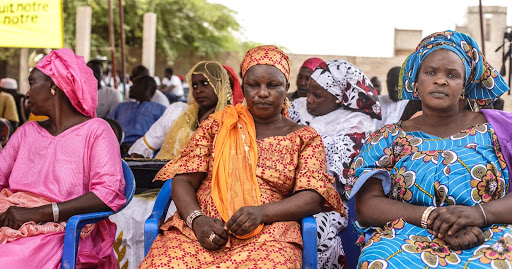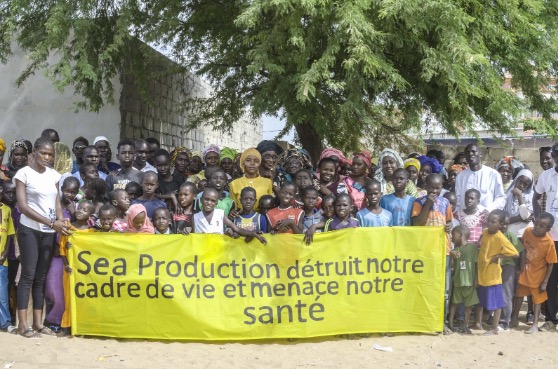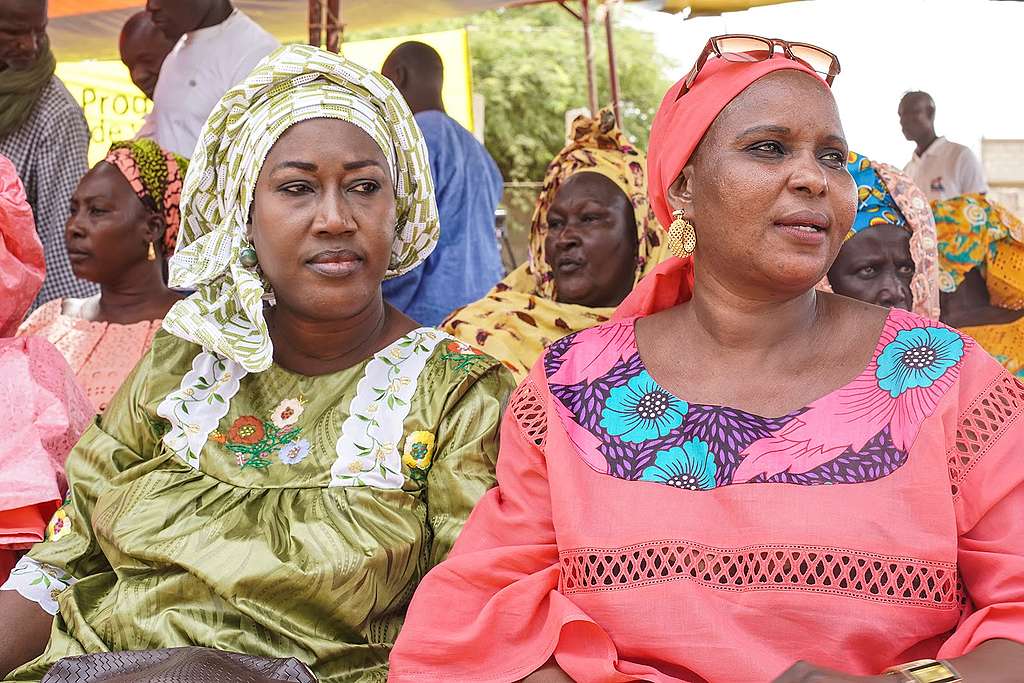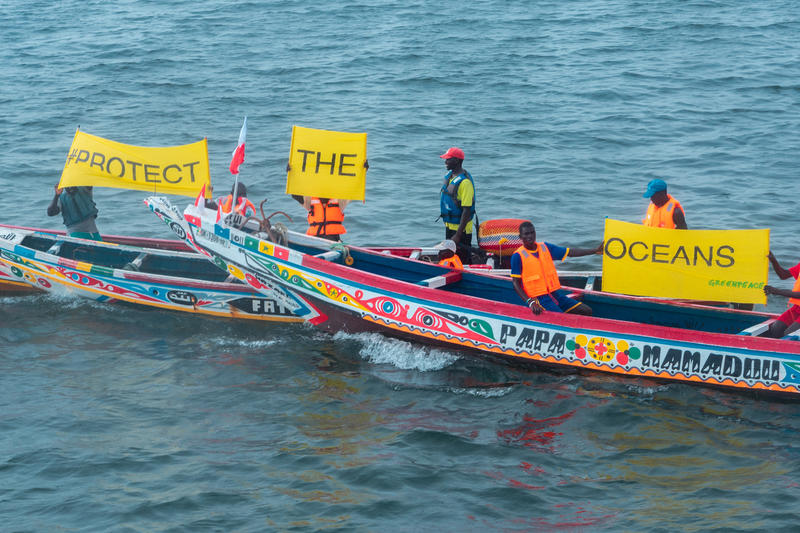
As the world is celebrating the “World Fisheries Day” today, it is the right time to further reflect on the state of the fisheries which deserve mourning rather than celebration in West Africa
In fact, even though the waters of West Africa are among the most fertile and rich in the world, it is not an exaggeration to say that November 21st should be mourned as the “Worst Fisheries Day”.
West African Oceans that could once supply food and income to most countries bordering these waters are in very bad shape today, and the situation is worsening as the days go by. Overfishing, Overcapacity, IUU fishing (illegal, Unregulated and unreported) and the most recent fishmeal and fish oil activities in the region are contributing to the extreme scarcity of fish.
Since the proliferation of fishmeal plants in the region, there is an unfair competition between the small-scale women processors and these industries. They are competing for the same resources for different purposes. While these brave women are looking for a way to earn a decent living by transforming fish, the fishmeal industries need the same resources for fishmeal and fish oil to feed animals instead.
Unfortunately, in West Africa, and Senegal in particular the authorities have adhered to this destructive form of overfishing, by allowing these companies to settle along the coast for their business. This situation does not end at the coastal community level, already household and consumers are feeling the impact of these fishmeal plants on their plates and in their pockets. In the markets, dried fish and other products from the women processors are becoming more and more rare and expensive.

The “Ketiakh” (smoked fish) and “Guedji” (salted and dried fish) two essential transformed fish that must be in the Senegal national dish “Thiebou Djeun” (rice and fish) has doubled if not tripled the prices in the markets. It is actually becoming a luxury for a Senegalese family to include these ingredients in their rice and meals.
While the Senegalese population from women processors to consumers are feeling hard the impact of fishmeal plants activities, there is no doubt that cats, dogs, pigs, poultry and farmed fish from other parts of the world (Europe, Asia…) are putting on more weight as their food is being enriched with protein from the fishmeal produced in West Africa.
If nothing is done now to stop this controversial business in West African coast, the communities will face a serious risk of food insecurity. . The population that is already striving to survive can’t afford to be left behind by these authorities whose primary role is to ensure their wellbeing. It is due time for them to take their responsibilities and listen to the plea of the population of the coast and stop the expansion of these fishmeal plants in the region.
From Kayar to Joal, Abene and Gandiol, elderly people, young, women, and men are all victims of this industry. To give you an idea of the scale of the issue, in a public allocution, the municipality of Kayar (one of the biggest artisanal fish port in Senegal) stated that the factory built by Barna (local promoter) would be the same size as the one owns close from Bilbao in Mundaka (the basque region in Spain) with a total production capacity of 18 000 tons of fishmeal and 6.350 tons of fish oil per year . Assuming such a factory will be working at only half capacity of about 9000 tons of fishmeal it will require right up to 40 000 tons of raw material every year. This is just so huge and represents more than the total catches landed in Kayar of all species in the same period.

It is an estimable loss of fish protein for more than 150 000 people for one year…or in other words 9 Million people deprived from fish protein for one week as a result of fishmeal factory activity. Which is just Insane!
Another alarming and appalling situation is the case of the Gandiol (fishing community in Northern Senegal) community which is already experiencing the impact of the plant installed in their community. In a recent letter to the authorities of Senegal, the kids of this community made an appeal to shut down a fishmeal plant which is preventing them to go to school as the plant releases an unbearable smell.
Under “the palaver tree” (traditional village gathering place), the children cried out loud their concerns and urge the government to come to their rescue, as the desperate calls of their parents have not yet been listened to. In a speech to the authorities of Senegal on November 17th, the children of Gandiol said: “Since 2016, when the factory SEA PRODUCTION, started it activities, our lessons are disrupted, because the smell it releases is unbearable” “We demand the closure of this factory that destroys our living environment and threatens our food security”.
As the new Ministry of Fisheries is taking on his duty in Senegal, it is a hope that he will listen to the pleas of these kids and the many others and immediately shut down these plants.
Thereafter, the celebration of the World Fisheries Day can start!!!


